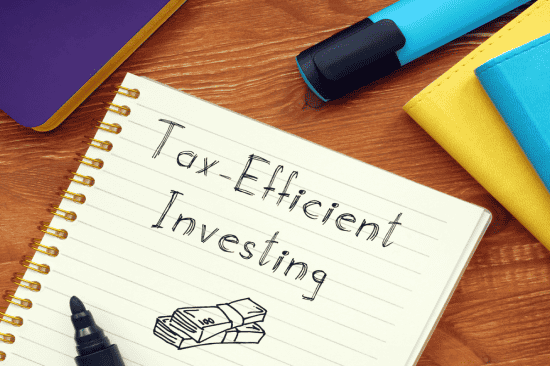Credit Cards
Credit cards are popular financial tools that allow individuals to make purchases and borrow money up to a specific limit. They offer convenience and flexibility but come with responsibilities, including managing balances and paying interest. Understanding how credit cards work, their benefits, and best practices can help you make informed financial decisions and manage credit effectively.
Learn about the different types of credit cards, how to choose the right one for your needs, and strategies for responsibly managing your credit card usage.
Frequently Asked Questions
Credit cards come in various types, including rewards, cashback, travel, balance transfers, and secured cards. Each type offers different benefits and features tailored to specific needs, such as earning rewards on purchases, cashback, or rebuilding credit.
To choose the right credit card, consider your spending habits, credit score, and financial goals. Compare cards based on interest rates, fees, rewards programs, and additional benefits. Selecting a card that aligns with your financial needs and lifestyle will help you maximize its advantages.
Managing credit card balances involves paying off your balance in full each month to avoid interest charges, keeping track of your spending, and staying within your credit limit. It’s also essential to make timely payments to maintain a good credit score and avoid late fees.
Using a credit card responsibly can positively impact your credit score. Key factors include making timely payments, maintaining a low credit utilization ratio (the amount of credit used compared to the total credit limit), and having a good credit history. Avoiding high balances and late payments will help maintain or improve your credit score.
Best practices include paying off your balance in full each month, keeping your credit utilization low, setting up alerts for due dates, and monitoring your account regularly for unauthorized transactions. Additionally, credit cards should be used for planned purchases to avoid accumulating unnecessary debt.
Key Terms
A credit card offering rewards points, miles, or cashback for purchases. Rewards can be redeemed for travel, merchandise, or statement credits.
A credit card that gives you a percentage of cashback on eligible purchases. Cashback can be applied as a statement credit or deposited into a bank account.
A credit card is designed to transfer high-interest debt from other cards to a new card with a lower interest rate, often with an introductory 0% APR period.
A credit card requires a cash deposit as collateral, which serves as your credit limit. Individuals with limited or poor credit history often use secure cards to build or rebuild their credit.
The ratio of your credit card balances to your total credit limit. Keeping this ratio low (generally below 30%) can positively impact your credit score.
The interest rate charged on outstanding credit card balances is expressed as an annual percentage. A lower APR means less interest paid on carried balances.
Related Post
-
MFS
- 23 Sep 2024
The Emergence of Visual Finance: Using Data Art to Invest Your Way to Prosperity
Visual Finance is a new field that has arisen over the past few years at the nexus of art and…
-
MFS
- 19 Sep 2024
Beyond Crypto: How Tokenized Assets Are Reshaping Wealth Management
The ascent of blockchain innovation and digital currencies has ignited huge changes in the monetary world, yet the capability of…
-
David Harper
- 29 Aug 2024
Investing 101: How to Start Your Investment Journey with Confidence
Contributing is fantastic for creating financial stability and ensuring your monetary future. Nonetheless, it can appear overwhelming for those new…
-
MFS
- 29 Aug 2024
Building Wealth 101: A Beginner’s Guide to Saving and Investing
Creating financial momentum is an objective that many yearn for, yet it frequently feels overpowering, particularly for novices. Nonetheless, anybody…
-
David Harper
- 27 Aug 2024
Investment Strategies for Different Life Stages: Age, Goals, and Risk Tolerance
Investing is a dynamic journey that evolves with your life stages, goals, and risk tolerance. Understanding how to adapt your…
-
David Harper
- 27 Aug 2024
Tax-Efficient Investing: Guide to Minimizing Tax Liabilities
Tax-efficient investing is a crucial component of financial planning, aiming to maximize after-tax returns by strategically minimizing tax liabilities. By…






